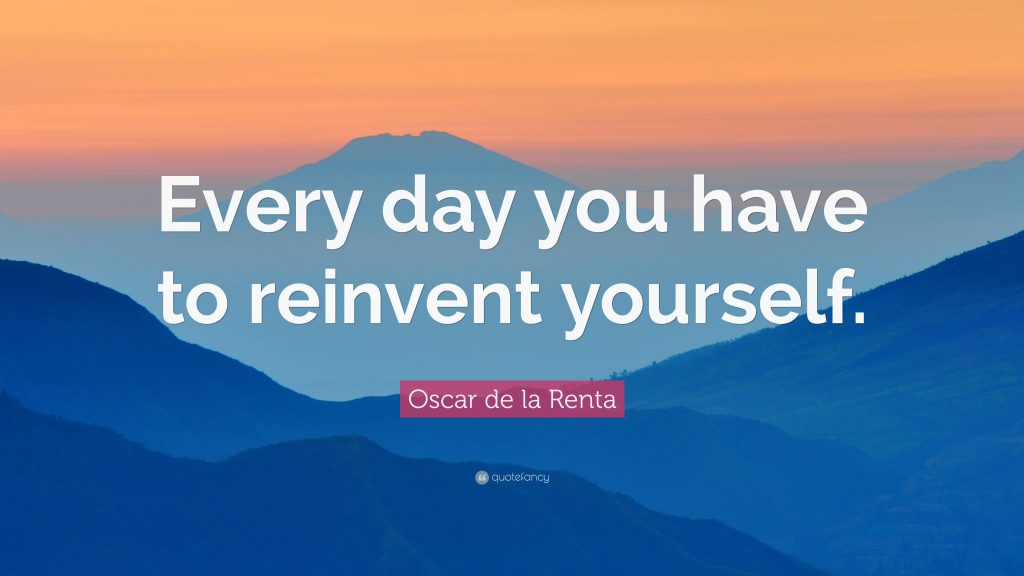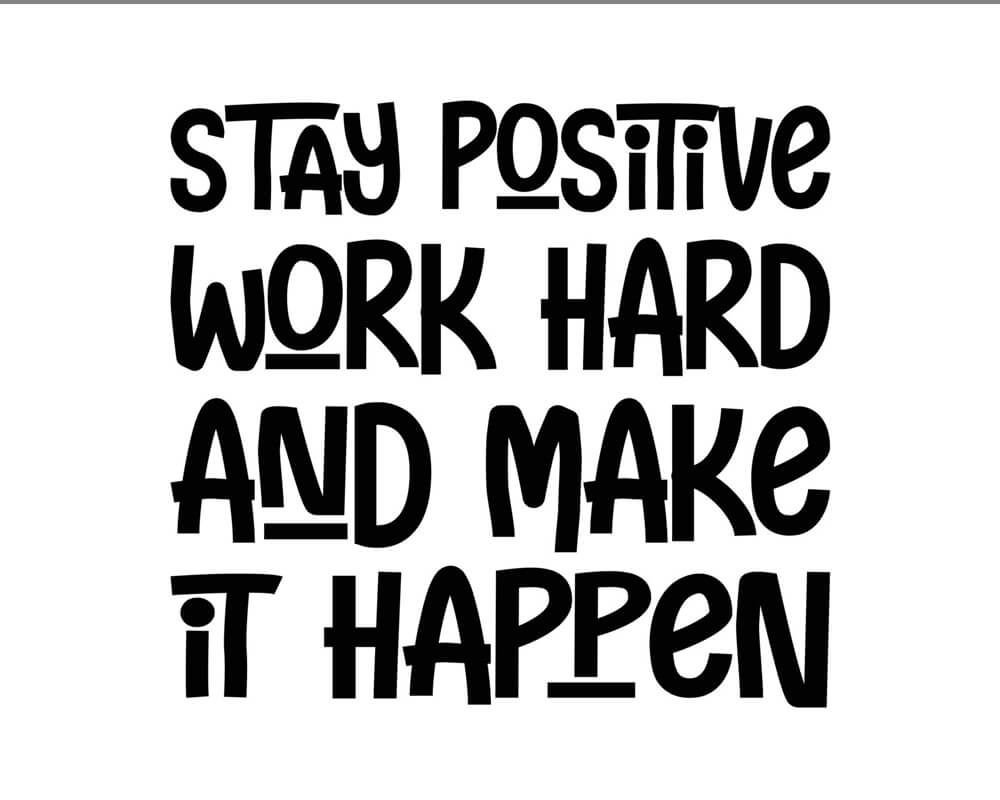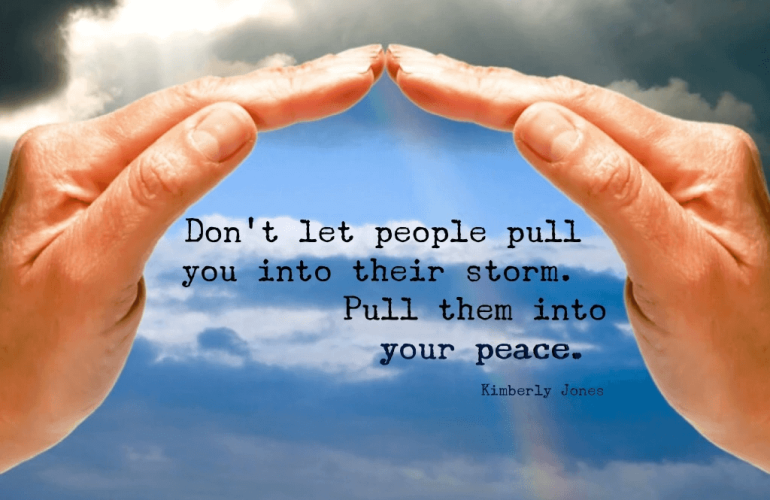When Charles Darwin claimed that “survival goes not to the strongest or most intelligent of the species, but to the one most adaptable to change”, many did not really take him serious until recently. In this brief article, I want to make a helpful attempt at whispering to individuals the secret to thriving in a fast-paced labour market, and also let companies understand the key to sustainable market dominance.
Yesterday, I had a chat with a new, friendly and vibrant client – one of the trainees in our 16th intake of the Certificate in Public Speaking and Presentation Mastery short course. Her role in the company she works with is to keep ears on ground and eyes on the horizon, monitor changes that are happening or likely to happen soon, and then “re-engineer the processes” involved while managing the change at hand. A very intelligent and up-to-the-task lady, she indicated that without this, they would be humiliated by competition and overwhelmingly run into irrelevancy to customers.
In recent years, great companies (and individuals) have been rudely awakened by the ruthless waves of unstoppable changes in their industries – changes that left them down and out. During an acquisition brief, a CEO of one of those companies, tearfully said, “We did not do anything wrong, but somehow, we lost”. The reality was that the world changed too fast and their opponents were too powerful.

A World on a Rollercoaster:
The world is on a terrible rush!
- The rate of information “growth” is startling. For example in 1980, about 220,000 new books were published each year in the US. In 2013, it was estimated at more than 3 million new books, plus millions of articles on every imaginable subject. Today, one idea can build a huge industry and replace an old one in just less than a week!
- The speed of technological advancement is unprecedented. While one is busy bragging about the “newest super-fast equipment” they have procured to shorten the duration of service delivery to “one hour only”, there is already a newer, ultra-fast alternative that makes delivery instant on a click of a button.
- The hitherto respected approaches to doing almost everything have become obsolete. The once revered methods of handling operations no longer deliver the results they used to deliver.
I could go on and on about the dizzying rate of change but time and space won’t allow me to (unless it was a training I often give staff of companies on “Being Friendly to Change” or the training for CEOs and managers on “Business Leadership in the 21st Century”. There, we go deep).

The Way Forward:
I suggest three starting points, among many others:
(1) Individual re-engineering:
As an individual, you have to keep reinventing yourself to remain relevant. One of the top banks in the city of Kampala invited me to take their staff through a whole week of empowerment, equipping them to productively transition from the old to the new realities of a certain department. Adding two small words just in the name of the department meant unimaginable implications to staff therein in terms of attitude, personal branding, self-packaging, and personal development in general. You either re-engineer yourself or, I lovingly warn you, you are about to become institutionally irrelevant and be systematically phased out.
Most of the training institutions where most people were trained from taught them what to learn and think instead of how to learn and think. As a result, these people have had to struggle with fixed mind-sets, rigid attitudes, and quite stiff necks in the way they approach life and work. If you are one of them and re-engineering has not come to your mind, the time to start is…? Yesterday! That is why, like I am going to be equipping 1,000 civil servants for 3 days this week, you have to learn dynamics of personal development and how to be the most valued employee / employer.
(2) Continuous Staff Development:
At institutional level, companies and/or organizations have to build highly effective teams, continuously equip those teams, not just in technical aspects of their work but mostly in the soft skills area. The CEO and General Manager of a group of companies that operates transport and agricultural businesses visited my office yesterday morning. In our discussion, I shared with them that quite often, what customers look for is not what we are offering them – until we go an extra mile to study their needs and offer relevant services. We concluded that most of the top needs of the clients in any industry are not goods and services themselves, but how clients are served, the quality of the relationship, the swiftness of the staff, the customer care, among others – most of which are intangible yet uncompromising determinants of success. I intend to write another article on this issue especially in line with who empowers the staff.
(3) Strategy and execution:
This is why strategy and swift strategy execution have never been as important as they are today. This is requires a leadership and/or management team that knows what to focus on a daily basis, not being distracted by the nitty-gritties of operation and forgetting the gigantic role of strategic direction. This is requires the kind of leadership that will leave the fire fighting to the right team and concentrate on holding the binoculars – like an MD of a huge institution called it in our planning meeting for an intensive 3-day team building retreat we are facilitating for all their top managers next week.
CEOs need to be clear about their roles. Top on the list in my view is: Strategist (future direction of the company); ambassador (meet with important customers, know them and they too know you); inventor (find the customer’s pain and develop products and services to relieve him of that pain); mentor (become a teacher, coach and mentor to your direct reports to help them get the big picture); investor (treat your company like an investment, know its market vaue and try to grow it); the student (actively pursue professional development even as a student of leadership, not just in your area of expertise). Stay focused on your CEO role.

Conclusion:
Malcolm Gladwell rightly said, “What brought you here won’t take you there”. Do not be your worst enemy. Keep re-engineering yourself as an individual and collectively as a company so that you do not become irrelevant and be overwhelmed by the inevitably fast changes. It is up to you. Do yourself a favour. Do the most patriotic thing: offering your nation or continent the most holistically developed human resource for development.
I look forward to hearing from you, as regards how you would like me to come in and practically inspire real change, strategic realignment, team building, executive and personal development coaching, and continuous staff development processes. Let us re-engineer.
#YouWillManage
| Live . Love . Lead |




